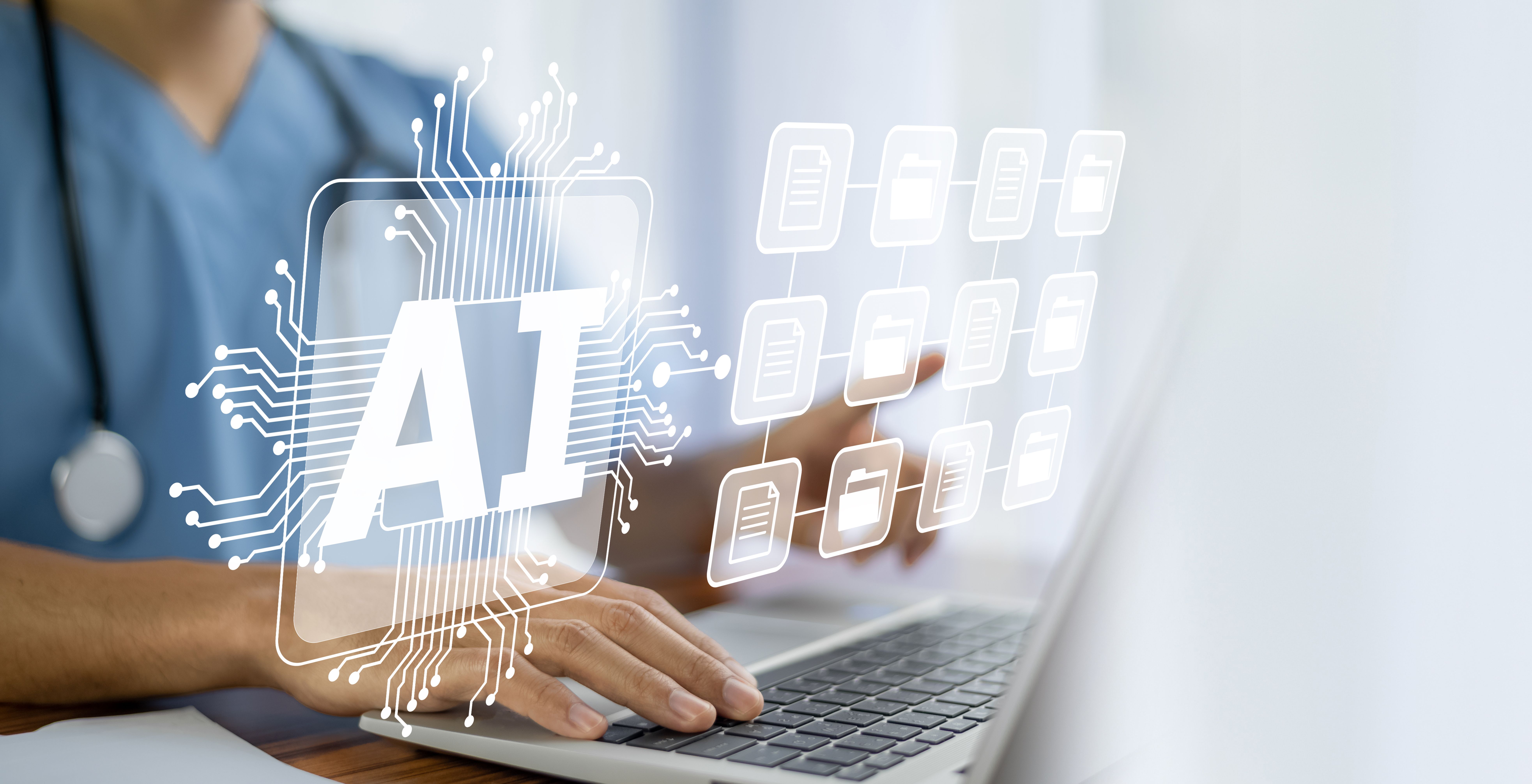Video
Expert: The Pharmacist Is at the Center of Opportunity to Advance Community Engagement Through AI
David Dalton, PharmD, CEO of Univec, addresses how the pharmacist is ideally positioned to support the technological transformation that is occurring in health care today.
Pharmacy Times® interviewed David Dalton, PharmD, CEO of Univec and advisory board member of IR-Med, on how health technology advancements can progress issues pertaining to health inequities and social determinants of health.
Pharmacy Times: What are some of the health tech tools on the market today that are uniquely able to progress efforts in health equity?
David Dalton, PharmD: Well, from my perspective it’s AI that [poses] significant advancements that've been made with medical devices, along with increasing access to technology, ie, telehealth, is in the forefront. As an example, one of the companies that most recently moved their medical device in a significant area is the company IR-Med, which has a medical device that identifies decubitus ulcers in nursing homes with individuals who are of darker skin. Right now, about 20 to 25% of those conditions are missed, or detected so late that the ulcer has to be treated more extensively, so that technology is wonderful.
Second, technology is just the access to telehealth. Telehealth has been able, in my opinion, to give preventive care, access to higher rates of diseases that are diagnosed faster compared to yesterday, and it's very accessible to the general population, for the most part. Health disparity has always been a negative outcomes that affect disadvantaged populations, but I believe that these new technologies are making significant differences, especially in those disease states that have affected minorities disproportionately, like diabetes, heart inspiratory diseases, obesity, and most recently COVID-19.
So from a health technology and equity perspective, I think these advancements have been significant, and the new developments that will come, I think, will address the accessibility of having the pharmacist, in my opinion, in various environments to be able to support the patient in a culturally sensitive way to be able to access these technologies, if in fact, it’s not provided by the pharmacists, he or her culturally will be able to deliver to the patient.
Pharmacy Times: What are some advancements in AI technology that are helping to address issues pertaining to social determinants of health?
Dalton: The advancements that I believe that are significant, and let's say a true foundation for progress, are technologies such as intelligent speakers, language translation, as I said before medical devices, but also all of the AI advancements that are built on culturally sensitive platforms. AI targets minority-dominant diseases, like I said before with diabetes, high blood pressure, kidney disease, opioid overdose, but when utilizing these platforms, especially on a digital perspective, it can also identify various regions where the disease states dominates in those regions to be able to continue to dissect the diversity in those regions to be able to identify the problem early. I think that being able to identify the problems geographically, because you will find in my opinion, that neighborhoods are diverse, and in that diversity, the data that comes out of that environment gives you better direction as to where the technology should be headed to support the population of people.
Pharmacy Times: Where do you see this technology headed, particularly pertaining to health care data collection and analysis that could better identify where health inequities are occurring so that these issues can be addressed?
Dalton: Well, the first thing is that you have to have the mechanisms to collect the appropriate data. So, from that standpoint, there's different processes that health care entities and facilities have implemented, to be able to collect that data accurately, and for it not to be a skewed in such a way that human interpretation versus artificial intelligence of how you need to read that data. As that data is cleaned in such a way that it can be utilized by the medical population, that data will give and support decision processes through artificial intelligence support, so that it targets more disease states in more appropriate ways that are culturally sensitive to be able to deliver a cure and that process be acceptable by that particular culture.
Pharmacy Times: How do you see health technology and community-engagement–led efforts working together to better address these issues?
Dalton: The platforms that are given to the health care workers and communities that they serve, the, the health care worker in the community understands better as to how to address the various disease states that have that affect their communities, number one. Number two, when the health care worker and physicians, as a matter of fact, utilize the artificial intelligence and the data that are supported by that technology. It gives the physician and the health care worker more direction that's more concise, and more accurate, and the timetable turnaround time and the results of that will produce and has produced quicker support and progression prevention of many diseases that affect the minority communities. I think that the artificial intelligence platforms, as they continue to become refined in such a way that continues to support those individuals, because I believe that health care is going to continue to be individualized because of the artificial intelligence support and developments that are being developed today to support the various disease states that exist. So that each platform will not be confused as to which direction to take, and what platform to help support the patient because the data will show what has worked and what's not working. And in that light, I think that not only the return on investment will be there, but also the outcome for that patient will be faster, more concise, and certainly a better result as far as the outcome.
Pharmacy Times: Any closing thoughts?
Dalton: One of the most critical things, I think, as [to] the community engagement and artificial intelligence—the stakeholders all working together to address these health-related issues is very important. But what I want to emphasize is the pharmacist is in the center of opportunity. The technology that is taking over the poor type of processes, with the support of the pharmacy technician, gives the pharmacists a platform that's more accessible to the patient and culturally sensitive to that patient. I think this is a position to really support the changes that are going on in health care, even from the standpoint that it's even happening now. Pharmacists are able to prescribe certain medications, they're giving vaccines, appropriate consultation, medication, review, etc. And as that continues to progress so that the pharmacist will be able to practice at the highest level of the license that will see support in all communities supported by the artificial intelligence based on data that is specific for those communities. I think that's a critical observation that we need to take advantage of. And not only that, but it's probably the most cost-effective process support platform that can be given to our communities that economically has return on investment that's second to none.
Newsletter
Stay informed on drug updates, treatment guidelines, and pharmacy practice trends—subscribe to Pharmacy Times for weekly clinical insights.






